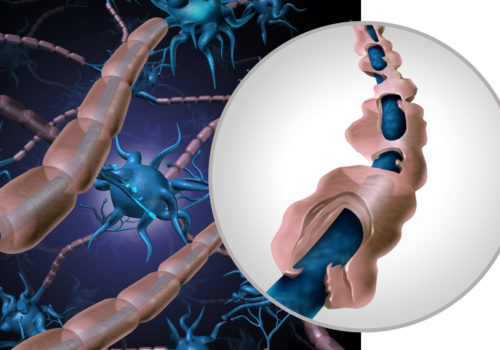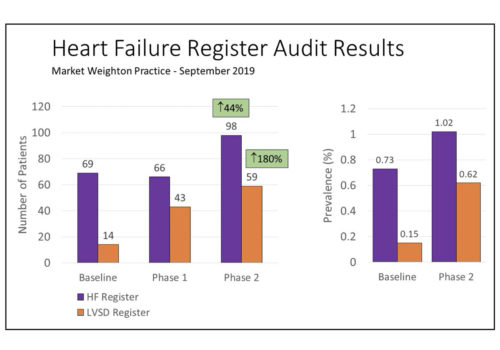Epidemiological research has clearly established that many risk factors contribute to cardiovascular disease
(CVD). Some of them are modifiable, and treatment decisions are based on the level of risk determined by risk assessment. Positive lifestyle changes are crucial to the prevention and management of CVD, and can result in substantial risk reduction. These changes can include smoking cessation interventions, a
cardioprotective dietary pattern and increased physical activity. However, lifestyle changes are challenging forboth the healthcare professional and the patient, and behavioural counselling and regular follow-ups are often required to overcome barriers, encourage adherence and assist in the achievement of long-term lifestyle goals.
This article aims to provide practitioners with a concise guide to the role and impact of lifestyle changes
based on recommendations from six of the most up-to-date clinical practice guidelines for prevention of
cardiovascular disease.






















